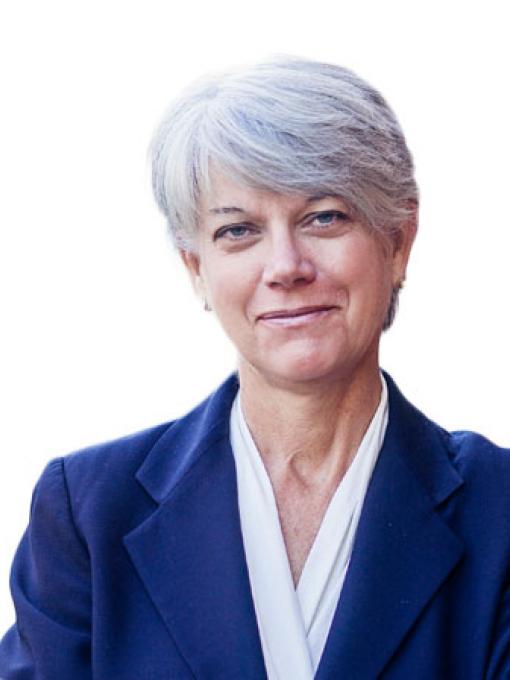The shocking murder of nine African-American people by a young white man in a Charleston, South Carolina church last week has focused the country on the sad fact that racial hatred leading to deadly violence is alive in our country.
Even as we mourn, we reflect on what our communities, our government and we, as citizens, can do to take down the foundations of racial injustice.
I am moved by the love and forgiveness spoken by the families of the victims of Mother Emmanuel AME Church. This show of mercy demonstrates an alive faith that responds to the Micah 6:8 Bible verse: “What does the Lord require of you but to act justly and to love mercy and walk humbly with your God.”
Governor Nikki Haley’s response to “act justly” called for the Confederate flag to come down over the South Carolina statehouse. Her leadership was significant, but the action is inadequate. If our elected officials only make changes to the laws that allow the confederate flag to fly above public buildings in the South, they have taken only a small step in acting justly.
There is plenty of work for all of us to take on with our families, our neighbors, our places of worship or schools to act justly. From our attitudes about race to our local policies and practices in education, housing, healthcare, voting rights—there are countless ways we can address discriminatory practices that will chip away at racial injustice. And there is plenty that our state and national leaders can do to dismantle racially biased laws, laws that perpetuate racial discrimination. Here at FCNL, we’ve working to support systemic changes in federal policy for people who face injustice based on their race and ethnicity. This includes African Americans, Native Americans, and immigrants.
One of the ripe opportunities for federal lawmakers to act now is to end mass incarceration. Reforming criminal justice laws that disproportionately target African-Americans should be the next step for elected officials who want to demonstrate leadership to “act justly.” The United States Senate has the opportunity to pass sentencing reform. These mandatory minimums and unfair sentencing have contributed to the swollen federal prison population of over 200,000 people, placing excessive burdens on families whose loved ones linger behind bars.
Throughout the United States, prisons and jails are filled with men and women—more than 60% of them racial and ethnic minorities—who have been victims of the failed war on drugs. The war on drugs is often fought on the streets of our towns and communities, too frequently with equipment that is meant for wars where destruction and killing is the mission, rather than for neighborhoods where people live and raise children. FCNL has focused on one of the programs that has fueled the availability of military equipment—the 1033 program. This Pentagon program distributes unused or recycled military equipment to local police forces. While President Obama recently ended this program through executive order, FCNL will continue to press Congress to repeal the statute.
FCNL will be lobbying where there is an opportunity to persuade Congress to reduce armaments, to control the massive proliferation of guns in our communities and, in taking these actions, promote justice and peace. Our elected officials cannot on their own change the attitudes of people who believe liberal gun ownership is positive, but they can enact laws that restrict access to guns, they can change the federal budget priorities that put investments in the Pentagon over investments in people who don’t have jobs, education, housing, healthcare. This is how our elected officials can “do justly”—not only grieving publicly and taking down the Confederate flag—actions that are important—but taking up the causes of injustice.
Our persistent voices to hold our elected officials accountable for actions to bring about a society with equity and justice for all and a community where every person’s potential may be fulfilled help renew our hope in the face of violence and grief. We can “act justly and love mercy” by our collective actions to counter injustice.

